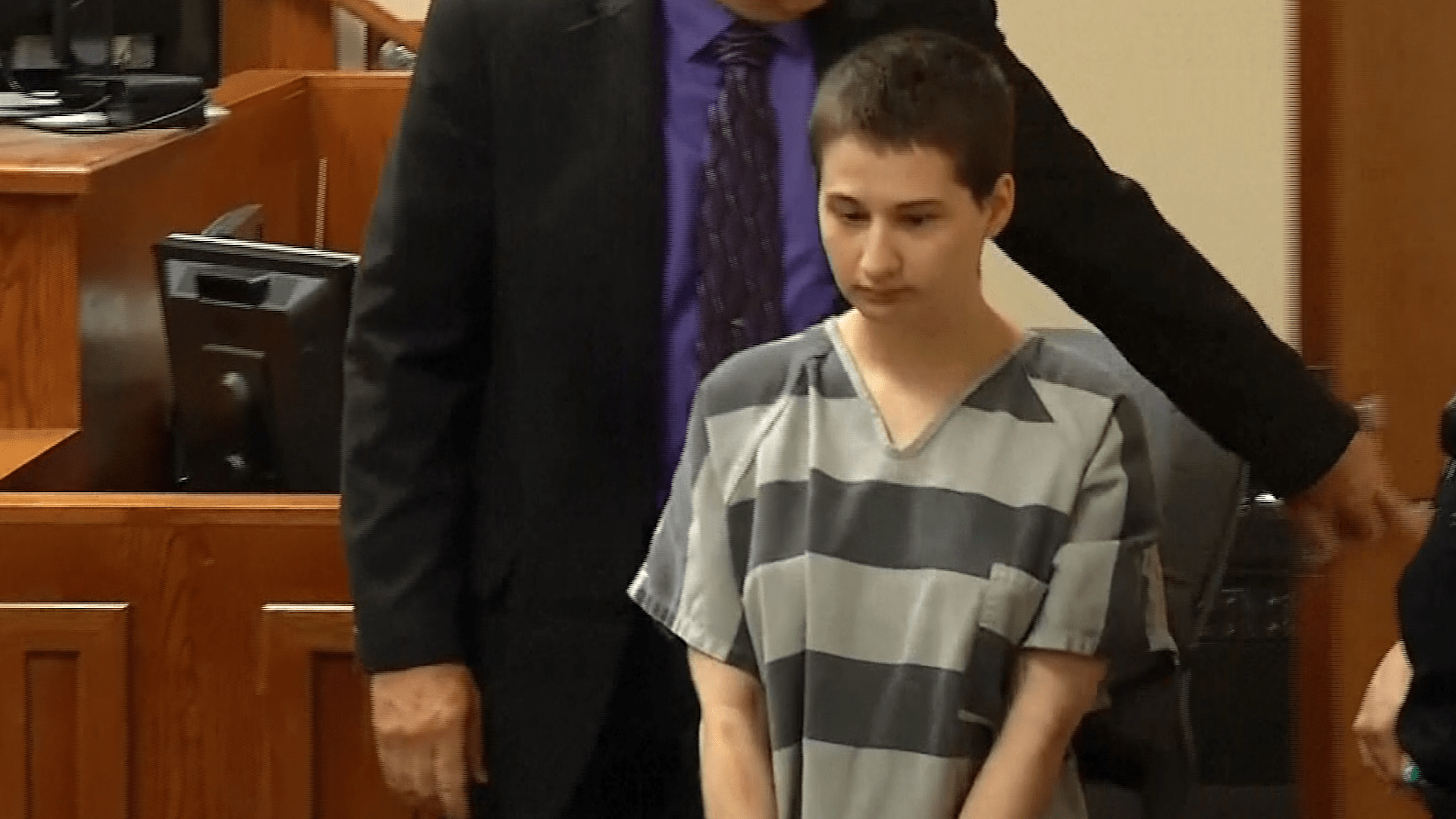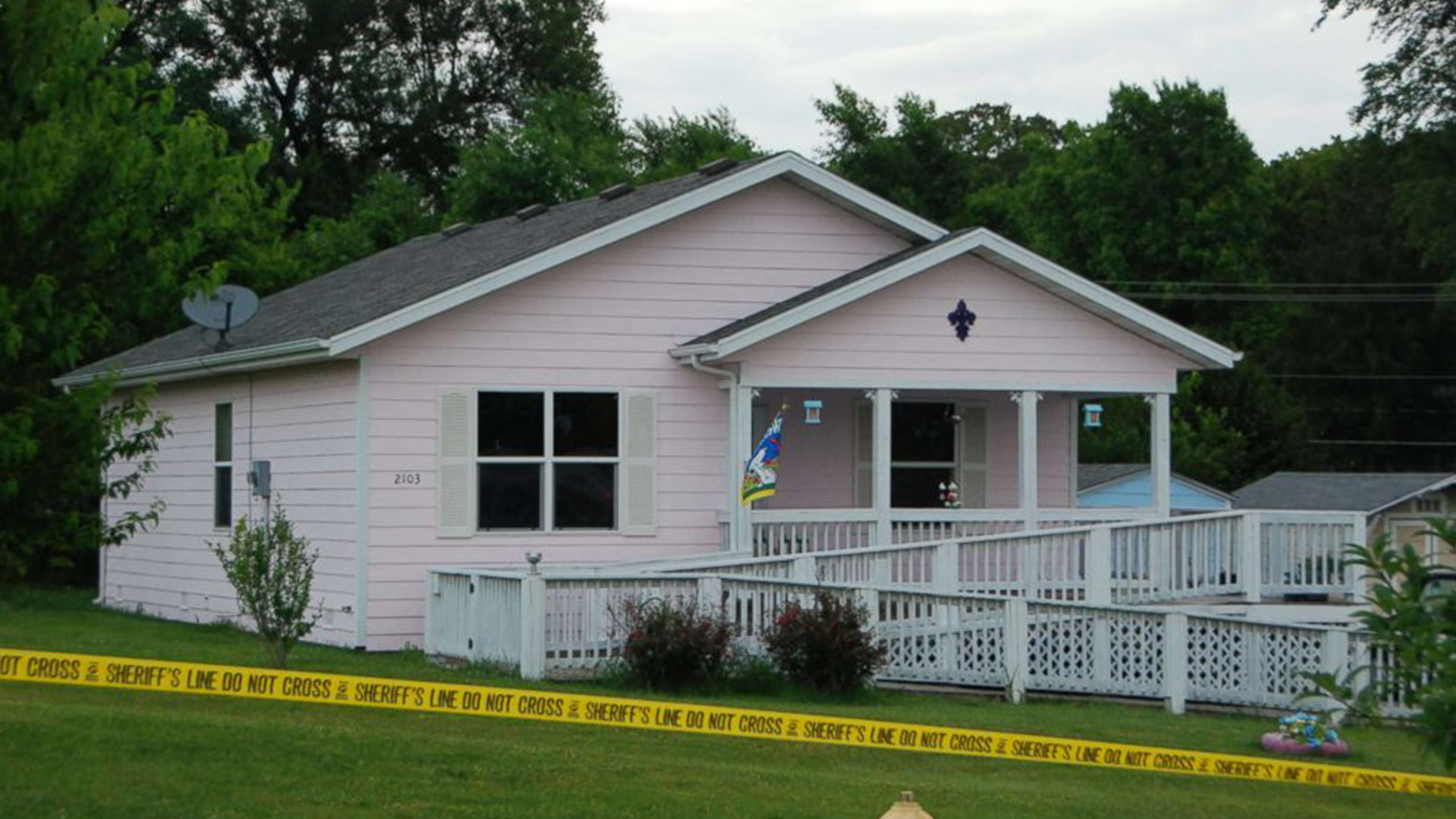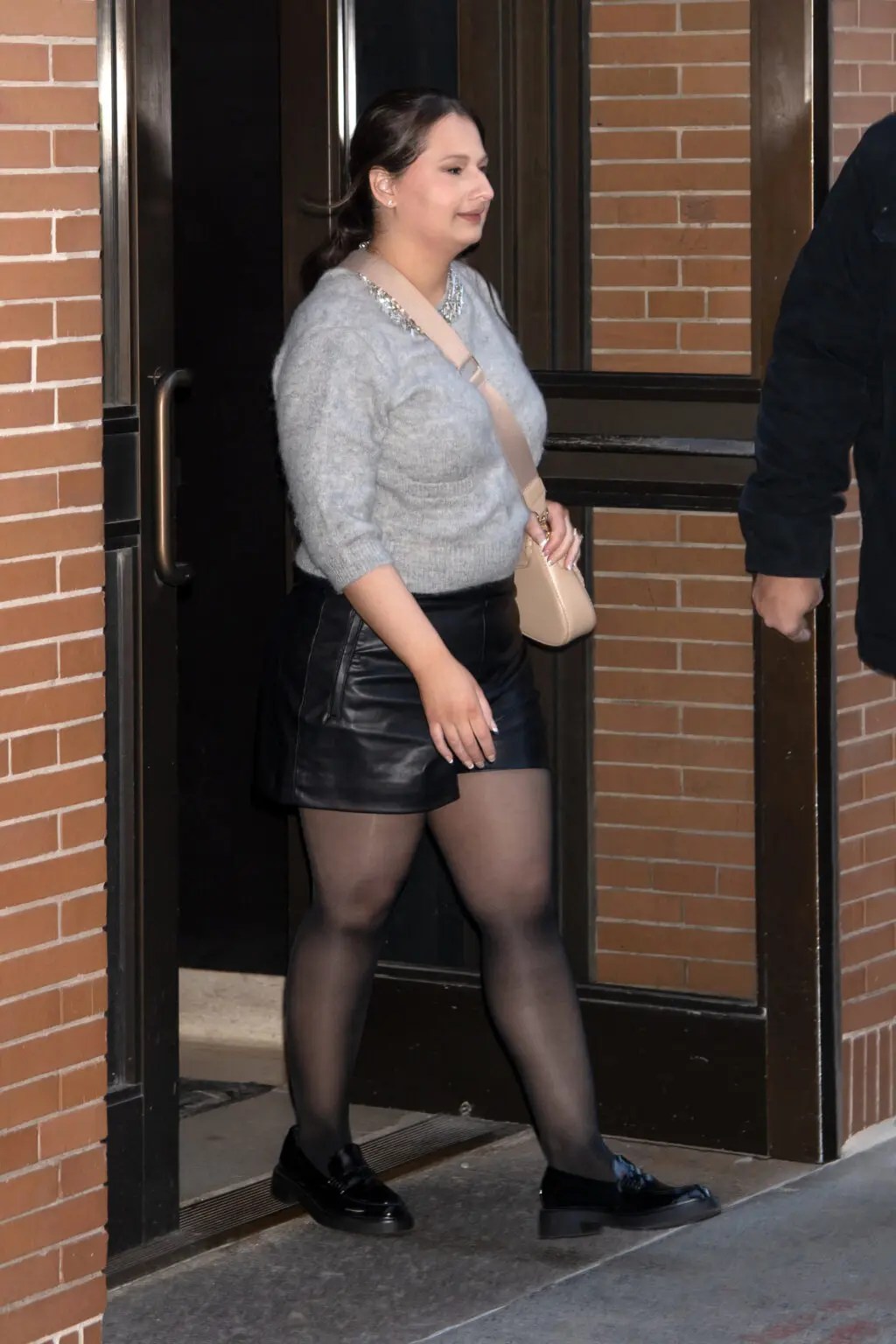The Gypsy Rose Crime Scene Picture
The tragic and perplexing case of Gypsy Rose Blanchard has captivated the public's attention for years, from the disturbing details of her life to the shocking events that unfolded in 2015. Among the many facets of this case, the gypsy rose crime scene picture stands out as a haunting reminder of the complexities surrounding the story. As we delve into the background of Gypsy Rose and the circumstances leading to the crime, we also explore the implications of the imagery that has emerged from this notorious incident.
At the heart of this dark tale lies a young woman who endured years of abuse at the hands of her mother, Dee Dee Blanchard. Gypsy's story raises critical questions about mental health, manipulation, and the lengths one might go to escape a life of torment. The gypsy rose crime scene picture serves as a chilling visual representation of the events that transpired, prompting both fascination and horror among those who encounter it. As we peel back the layers of this complex narrative, we aim to understand the psychological and emotional aspects that led to this tragic outcome.
As we navigate through the intricacies of Gypsy Rose's life, we will also reflect on the societal implications of her story. The gypsy rose crime scene picture not only documents a moment in time but also symbolizes the broader issues of domestic abuse and the struggle for autonomy. In this article, we will explore her biography, the crime itself, and the aftermath, all while seeking to answer the many questions that linger in the minds of those who have followed her story.
Who is Gypsy Rose Blanchard?
Gypsy Rose Blanchard was born on July 27, 1991, in Baton Rouge, Louisiana. Her early life was marked by unusual and often troubling circumstances, primarily due to her mother, Dee Dee Blanchard, who subjected her to severe medical abuse. Dee Dee claimed that Gypsy suffered from a range of ailments, including leukemia, muscular dystrophy, and various other conditions. This manipulation extended to medical professionals, who were led to believe that Gypsy needed extensive care.
What are the key details of Gypsy Rose's life?
| Detail | Information |
|---|---|
| Date of Birth | July 27, 1991 |
| Place of Birth | Baton Rouge, Louisiana |
| Mother | Dee Dee Blanchard |
| Major Incident | Murder of Dee Dee Blanchard on June 14, 2015 |
| Current Status | Served time in prison, now an advocate for abuse victims |
How did Gypsy Rose's upbringing shape her identity?
The dynamics of Gypsy Rose's upbringing played a crucial role in shaping her identity and worldview. Living in a household characterized by deceit and control, Gypsy was often isolated from her peers and stripped of her autonomy. This environment fostered a sense of dependency on her mother, leading to a complex relationship filled with both love and resentment. As Gypsy grew older, the desire for freedom became increasingly palpable, ultimately culminating in the tragic events that would change her life forever.
What led to the crime involving Gypsy Rose?
The turning point in Gypsy Rose's life occurred in 2015 when she, along with her then-boyfriend, Nicholas Godejohn, plotted the murder of her mother. This drastic action was the result of years of emotional and physical abuse, manipulation, and the desperate desire for freedom. On June 14, 2015, Dee Dee was found dead in her home, and Gypsy's involvement in the crime soon came to light. The gypsy rose crime scene picture emerged from the investigation, capturing the aftermath of this shocking event and the complexities surrounding it.
What does the gypsy rose crime scene picture reveal?
The gypsy rose crime scene picture is a chilling visual that represents the end of a long saga of manipulation and abuse. It encapsulates the brutality of the moment while also highlighting the tragic circumstances that led Gypsy to take such drastic measures. For many, the image serves as a stark reminder of the hidden struggles faced by individuals trapped in toxic relationships, raising questions about justice, mental health, and the societal responsibility to protect the vulnerable.
How has the public reacted to the gypsy rose crime scene picture?
The gypsy rose crime scene picture has sparked a wide range of reactions from the public. Some view it as an essential part of understanding the case, while others find it disturbing and exploitative. The controversy surrounding the image reflects broader societal attitudes toward crime, victimhood, and the ethics of sharing such harrowing images. As discussions continue, it is clear that the picture is more than just a snapshot of a crime; it is a focal point for deeper conversations about abuse, mental health, and the quest for justice.
What has happened to Gypsy Rose since the crime?
After the murder of her mother, Gypsy Rose was arrested and eventually charged with second-degree murder. In 2016, she pleaded guilty and was sentenced to 10 years in prison. Since her incarceration, Gypsy has become an advocate for victims of abuse and has used her platform to raise awareness about the complexities of her situation. Her story continues to resonate with many, and she has garnered a significant following on social media, where she shares her journey and insights.
What lessons can we learn from Gypsy Rose's story?
The story of Gypsy Rose Blanchard serves as a powerful reminder of the importance of recognizing and addressing abuse in all its forms. It highlights the need for vigilance and empathy toward those who may be suffering in silence. By understanding the complexities of Gypsy's life, we can foster a greater awareness of the signs of abuse and the importance of supporting victims in their quest for freedom and healing.
How can society better support victims of abuse?
To better support victims of abuse, society must take several proactive steps, including:
- Raising awareness about the signs of abuse and manipulation.
- Providing resources for victims to seek help and support.
- Encouraging open conversations about mental health and the impact of abuse.
- Advocating for stronger legal protections for victims.
In conclusion, the gypsy rose crime scene picture is not just a haunting image; it is a powerful narrative that encapsulates the struggles faced by Gypsy Rose Blanchard and the complexities of her situation. As we continue to explore this tragic case, we are reminded of the importance of compassion, understanding, and support for those who have endured the unimaginable.



ncG1vNJzZmivp6x7s7HBnqOrmZ6YtbjFzmeaqKVfnru0tcahq6xxX5zGsb%2FYZqmoq5VisLO1zJ5krJuVo7JuvMicq66qlWO1tbnL